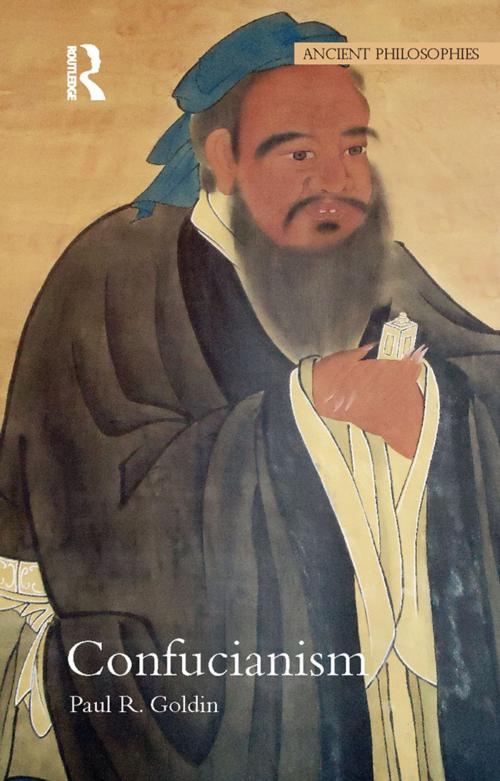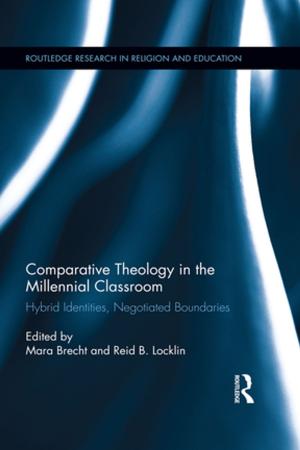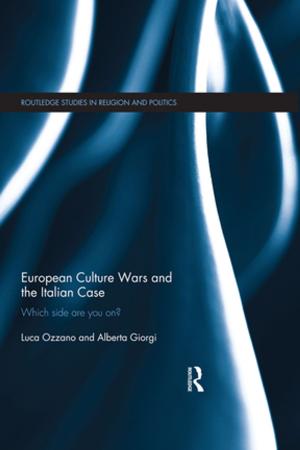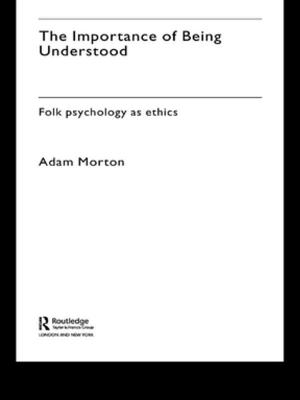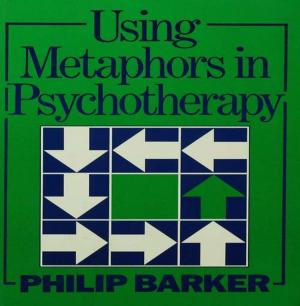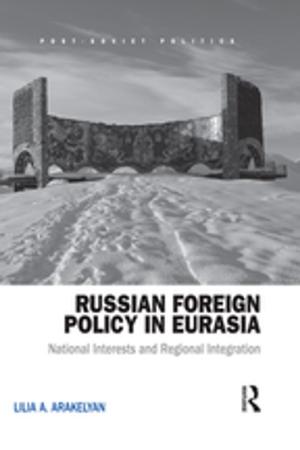| Author: | Paul R. Goldin | ISBN: | 9781317492498 |
| Publisher: | Taylor and Francis | Publication: | December 5, 2014 |
| Imprint: | Routledge | Language: | English |
| Author: | Paul R. Goldin |
| ISBN: | 9781317492498 |
| Publisher: | Taylor and Francis |
| Publication: | December 5, 2014 |
| Imprint: | Routledge |
| Language: | English |
"Confucianism" presents the history and salient tenets of Confucian thought, and discusses its viability, from both a social and a philosophical point of view, in the modern world. Despite most of the major Confucian texts having been translated into English, there remains a surprising lack of straightforward textbooks on Confucian philosophy in any Western language. Those that do exist are often oriented from the point of view of Western philosophy - or, worse, a peculiar school of thought within Western philosophy - and advance correspondingly skewed interpretations of Confucianism. This book seeks to rectify this situation. It guides readers through the philosophies of the three major classical Confucians: Confucius (551-479 BCE), Mencius (372-289 BCE?) and Xunzi (fl. 3rd cent. BCE), and concludes with an overview of later Confucian revivals and the standing of Confucianism today.
"Confucianism" presents the history and salient tenets of Confucian thought, and discusses its viability, from both a social and a philosophical point of view, in the modern world. Despite most of the major Confucian texts having been translated into English, there remains a surprising lack of straightforward textbooks on Confucian philosophy in any Western language. Those that do exist are often oriented from the point of view of Western philosophy - or, worse, a peculiar school of thought within Western philosophy - and advance correspondingly skewed interpretations of Confucianism. This book seeks to rectify this situation. It guides readers through the philosophies of the three major classical Confucians: Confucius (551-479 BCE), Mencius (372-289 BCE?) and Xunzi (fl. 3rd cent. BCE), and concludes with an overview of later Confucian revivals and the standing of Confucianism today.
